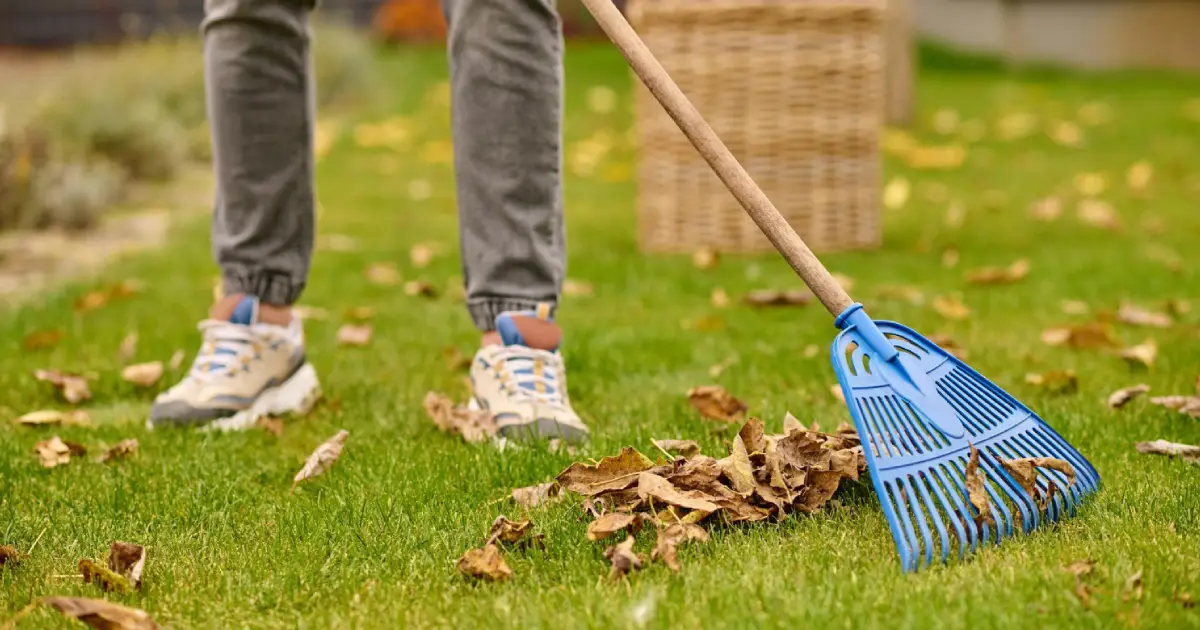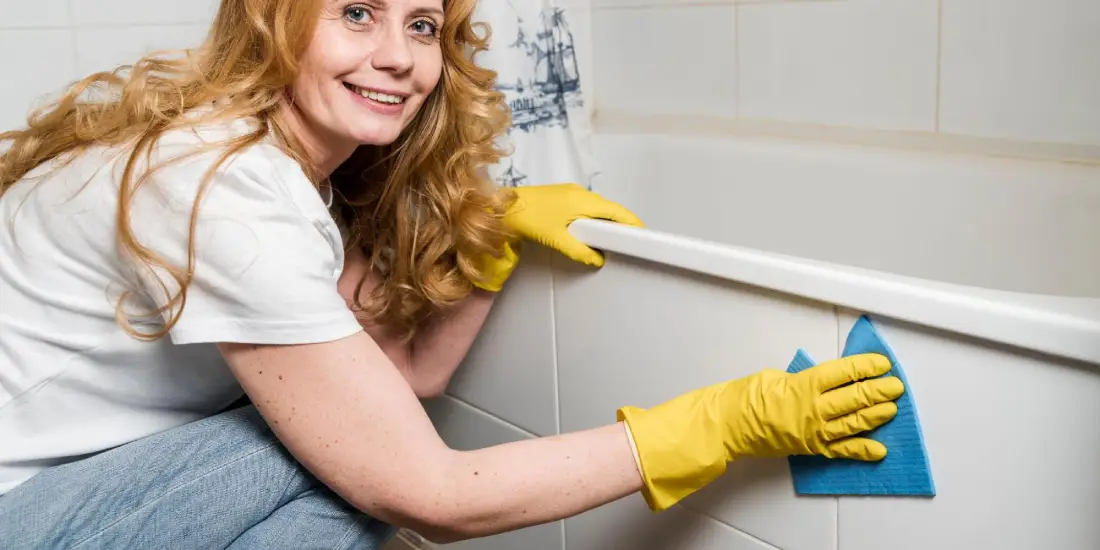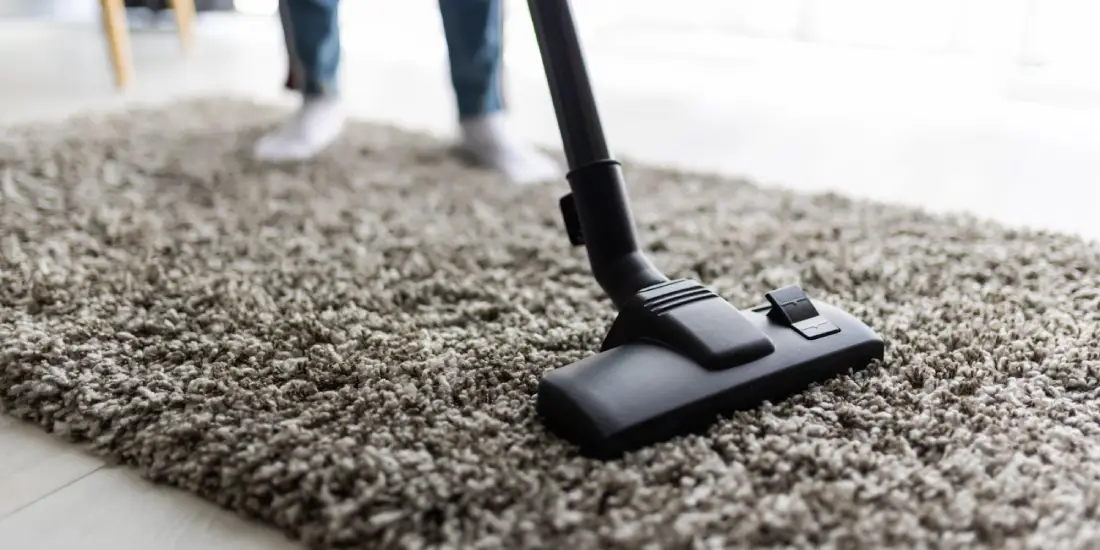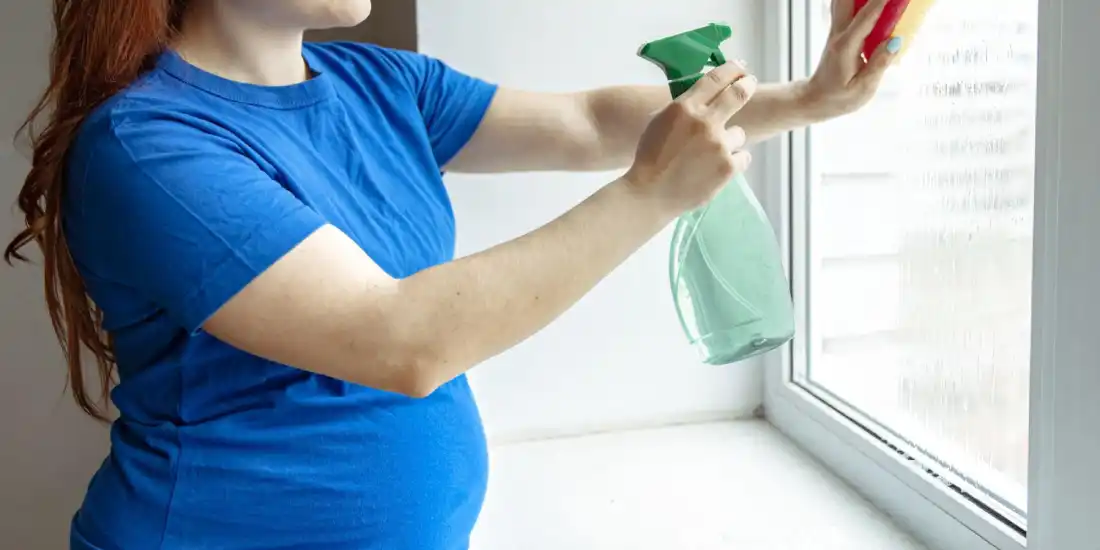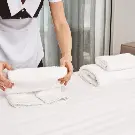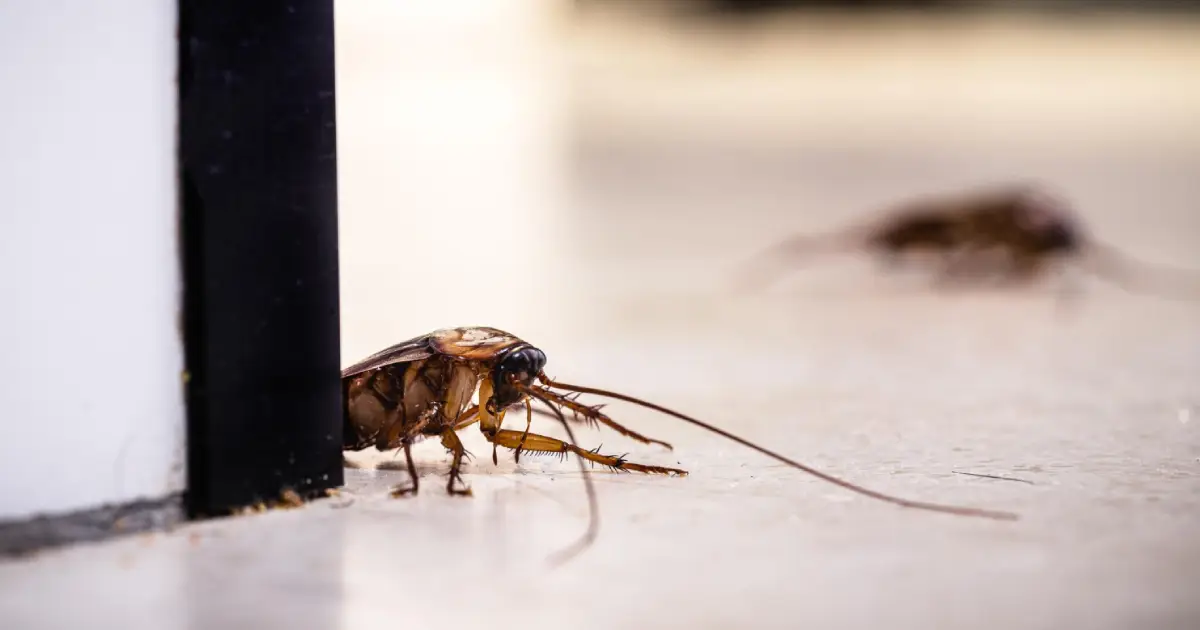
How often have youCinnamon as a Repellant Section been startled awake by the obnoxious buzz of a housefly? How often have they found a seat in your bowl of ripe fruit? The most annoying of all is when they land on your food while you are eating.
About 90% of all flies occurring in human habitations are houseflies. Houseflies can carry a variety of diseases, including typhoid, dysentery, and cholera. They are most active during the day, especially if you live in a warm country. We've all been there, and let's face it, flies are unwelcome guests in our homes. In this blog, we're going to talk about why having a fly-free home is so important and how you can achieve it naturally. Understanding the behavior of insects when you sleep can further help in tackling this issue effectively.
Cinnamon: Nature's Scented Repellant
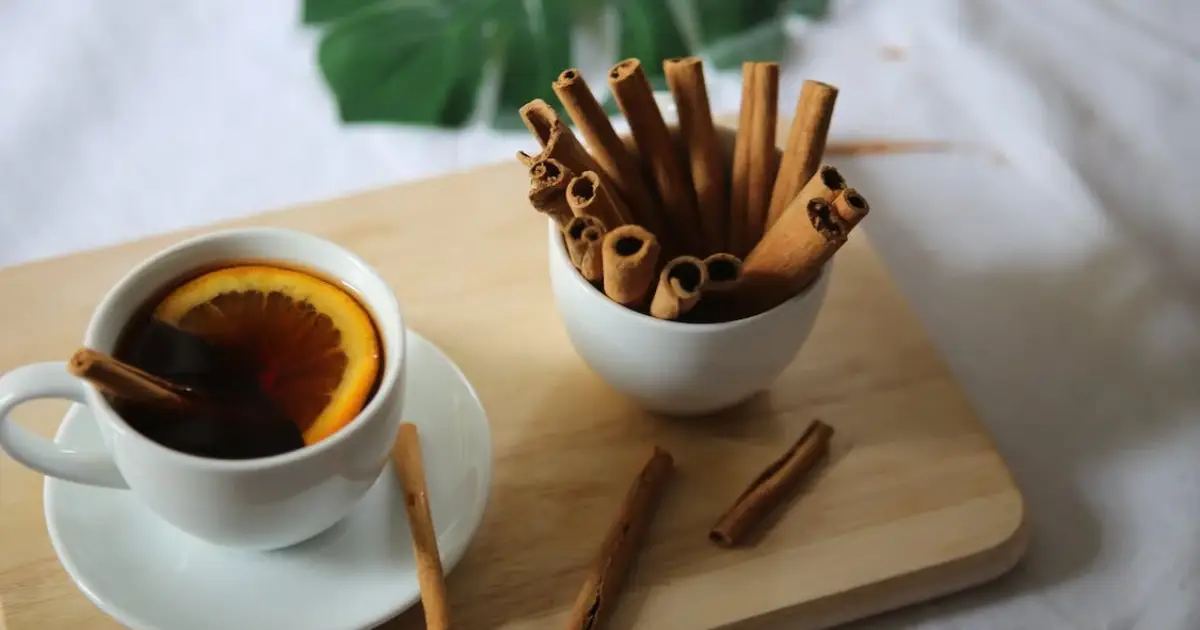
Flies hate the scent of cinnamon. why?
- Smell: Flies have a very strong sense of smell, and they are repelled by the strong smell of cinnamon.
- Taste: Cinnamon is also bitter to flies, which makes them avoid it.
- Toxicity: Some of the compounds in cinnamon, such as cinnamaldehyde, are toxic to flies.
Cinnamon Sticks
One of the easiest ways to use cinnamon to repel pests is to simply place cinnamon sticks around your home. You can place them in entryways, windowsills, and other areas where pests are likely to enter. The strong scent of cinnamon will help deter pests from coming inside.
Cinnamon Essential Oil
Cinnamon essential oil is like nature's perfume that flies can't stand. Here are two ways to use it:
- Using a Diffuser: Invest in a good-quality diffuser and add a few drops of cinnamon essential oil. This not only repels flies but also fills your home with a warm and inviting fragrance.
- Crafting a Handy Cinnamon Spray: Mix water and a few drops of cinnamon essential oil in a spray bottle. You can then spritz this around your home, especially in fly-prone areas. It's a simple and effective way to keep those unwanted guests away.
Cinnamon Powder
Cinnamon powder isn't just for your morning oatmeal; it can also serve as a potent fly deterrent. Sprinkle cinnamon powder in areas where flies tend to gather. The strong scent will drive them away, and your home will smell amazing in the process.
Cinnamon Incense
Light up a cinnamon incense stick, and not only will your home be filled with a delightful fragrance, but it will also deter flies from entering your space.
Cinnamon is a versatile and effective natural solution to keep your home fly-free. The best part? It's safe, eco-friendly, and adds a warm and cozy atmosphere to your living space. Learn more about why pest control is important for maintaining such a pleasant home environment.
Potted Plants: Decor and Defender in One
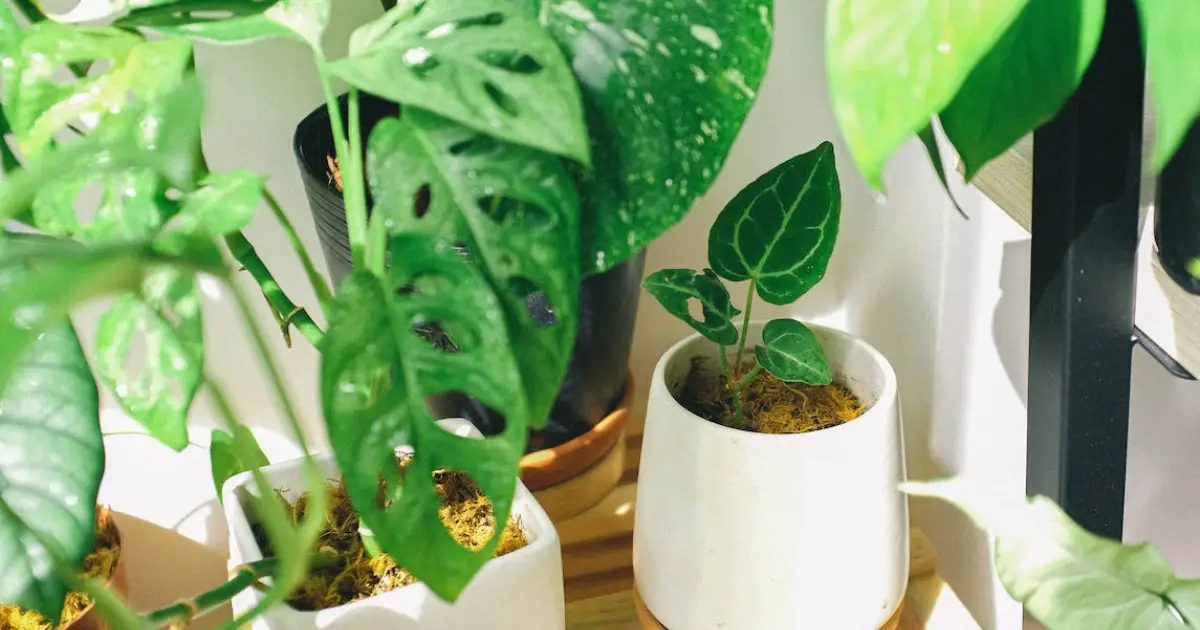
Many plants give off unpleasant scents that flies find repulsive. Basil, lavender, mint, rosemary, and sage are some of the plants that repel flies the best. For instance, flies cannot tolerate lemongrass's citronella oil.
Fresh Basil Herb
Basil, with its fragrant leaves and robust flavor, is a kitchen essential. But did you know it's also an effective fly repellent? Keep a potted basil plant on your windowsill or near the kitchen, and it will help keep flies at bay. You can also pick fresh basil leaves to use in your recipes, making it a double-duty herb!
Benefits of Lavender, Mint, Bay Leaf, and Lemongrass
These plants not only have a lovely scent, but they also work very well as natural insect repellents. Here's how they do their thing:
- Lavender: This plant not only has a calming scent that fills your home, but it also keeps spiders and flies away. Place a potted lavender plant in your bedroom for a peaceful night's sleep.
- Mint: Mint is not only great for making refreshing tea; it also keeps flies away. .A potted mint plant near windows or on your porch is a great way to keep those bothersome insects away.
- Bay Leaf: Bay leaves not only add flavor to your dishes but also repel houseflies. Keep a potted bay leaf plant in your kitchen for an ally and a fly-free environment.
- Lemongrass: Lemongrass is known for its zesty aroma. It serves as an effective repellent for both flies and spiders. Place a pot of lemongrass near your entrance to guard your home. For more on guarding your home against pests, explore our guide on pest control methods.
Natural and Essential Oils: Scents Flies Hate
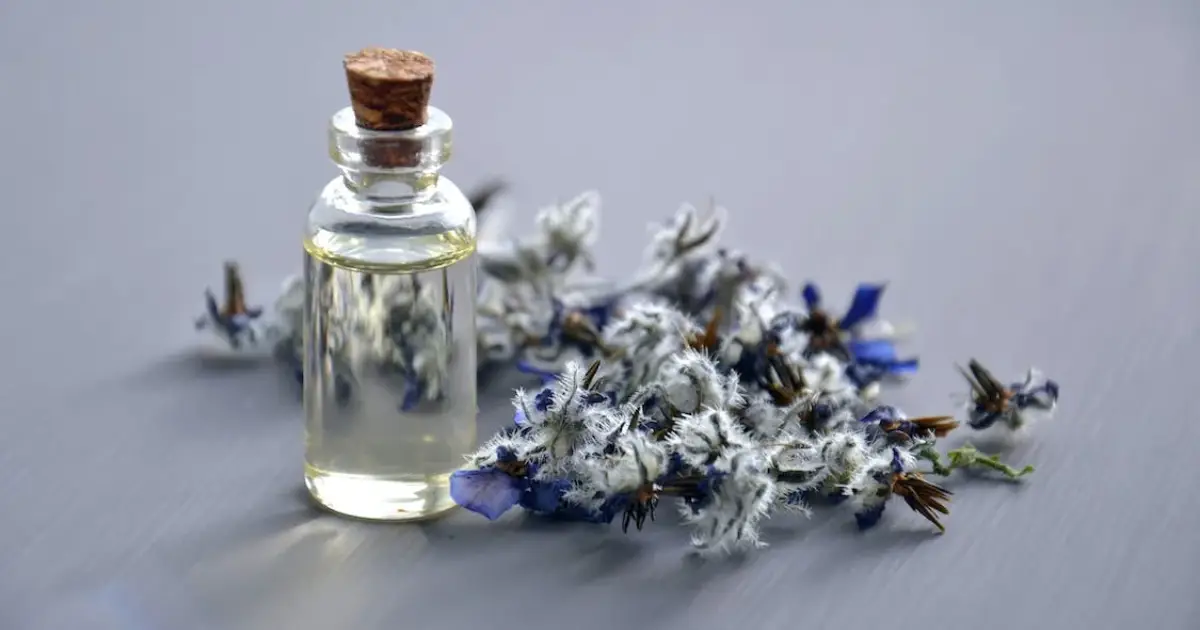
Mix a few drops of fly-repelling oils like lavender, eucalyptus, or citronella with water to make a simple but effective essential oil spray. Spritz your living space with this concoction, paying special attention to windows and doors.
Safe Application Around Pets
If you have pets, it is important to be careful when using essential oils. Essential oils can be toxic to pets, so it is important to dilute them properly and avoid spraying them directly on your animals.
Here are some tips for safely using essential oils around pets:
- Keep essential oils out of the reach of pets.
- Dilute essential oils properly before using them.
- Avoid spraying essential oils directly on pets.
- If you are unsure whether an essential oil is safe for your pet, consult with your veterinarian.
Dried Herbs and Spices
Don't you have essential oils on hand? Not a problem. You can turn to dried herbs and spices, which are equally effective at repelling flies. Try the following:
- Cloves: Attach whole cloves to citrus fruit, like an orange, for a double dose of citrus flavor. It's a natural fly repellent and air freshener.
- Dried Lavender: Hang bunches of dried lavender around your home. Not only will it repel flies, but it'll also add a touch of natural beauty to your decor.
- Rosemary: Burn dried rosemary sprigs as incense, and the aromatic smoke will discourage flies from sticking around.
White Wine or Vodka: A Boozy Barrier

Flies are simply attracted to the other components of the white wine or vodka, such as the sugar or the yeast. When the flies come into contact with alcohol, they may experience negative effects, such as intoxication or disorientation, which causes them to avoid it in the future.
Mixing Alcohol and Dish Soap
Combine a small amount of white wine or vodka with a drop of dish soap in a shallow container or a bowl. Flies are drawn to the aroma of the alcohol but are swiftly trapped by the soapy surface. This simple concoction acts as a fly trap, and the best part is that it's entirely safe for humans and pets.
Apple Cider Vinegar: From Kitchen to Fly Fighter
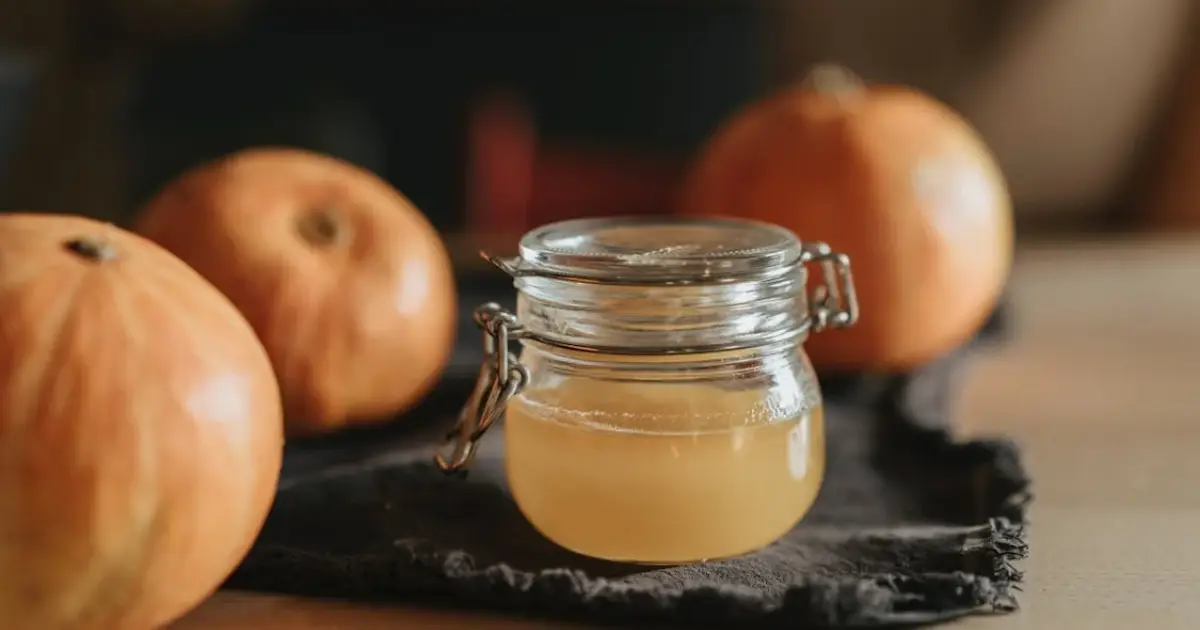
Apple cider vinegar (ACV) is a versatile household item that can be used to make a natural and effective fly-repelling spray. Here's how you can craft your own ACV spray:
Ingredients
- Apple Cider Vinegar: Choose a high-quality, organic ACV for best results.
- Water: Use distilled or filtered water to avoid impurities.
- Dish Soap: A few drops of dish soap will help the solution stick to flies.
Instructions
01. Mix the solution: In a clean spray bottle, combine equal parts of apple cider vinegar and water. For example, if you use one cup of ACV, add one cup of water.
02. Add Dish Soap: Add a few drops of dish soap to the mixture. The soap helps break the surface tension of the liquid, making it more effective at trapping flies.
03. Shake Well: Seal the spray bottle and shake it vigorously to ensure all the ingredients are well mixed.
04. Spray the Problem Areas: To use your ACV spray, simply apply it to areas where flies are a nuisance. Common problem areas include kitchen counters, garbage cans, and windows and doors. Be sure to shake the bottle before each use.
05. Reapply as Needed: Reapply the ACV spray as needed, especially if it rains or if the solution dries up. The scent of ACV will continue to attract flies.
Cayenne Pepper: The Spicy Shield

Preparing the Cayenne Solution
Cayenne pepper is a natural spice that can be used to create a homemade solution to deter pests, especially in outdoor settings. Here's how you can prepare a cayenne pepper solution:
Ingredients
- Cayenne Pepper Powder: You can find this at most grocery stores or online.
- Water: Use filtered or tap water.
Instructions
- 01. Measure Cayenne Pepper: Determine the area you want to protect and use 1-2 tablespoons of cayenne pepper per 2 cups of water.
- 02. Mix with Water: In a container, dissolve the cayenne pepper in the water. Stir well.
- 03. Strain Solution: To prevent clogs, strain the mixture through a fine mesh or cheesecloth.
- 04. Pour into Sprayer: Transfer the cayenne pepper solution to a garden sprayer or spray bottle.
- 05. Apply: Spray the solution on leaves and around plants or problem areas. Avoid overspraying.
- 06. Reapply: Reapply as needed, considering weather conditions and pest severity.
Fly Traps: Old but Gold
Fly traps are a simple and effective way to get rid of flies. They come in a variety of shapes and sizes, and they can be used both indoors and outdoors.
Commercial Fly Papers
Commercial fly papers are one of the most popular types of fly traps. They are typically made of strips of paper that are coated with a sticky substance. The flies are attracted to the sticky substance, and once they land on it, they are trapped.
Commercial fly papers are relatively inexpensive and easy to use. However, they can be unsightly and messy. Additionally, the sticky substance can be difficult to remove from clothing and furniture.
Other Preventative Measures: Staying Fly-Free
- To prevent flies, keep your home clean and tidy. Dispose of garbage regularly, clean up spills quickly, and store food in tightly sealed containers.
- Repair any cracks or holes in screens and windows. Flies can enter your home through even the smallest of openings. Be sure to repair any cracks or holes in screens and windows to keep flies out.
- Keep your pets' food and water bowls clean and free of food residue. Flies are attracted to pet food and water bowls, so it is important to keep them clean and free of food residue. Wash food and water bowls daily with soap and water.
- Use natural fly repellents. There are a number of natural fly repellents available, such as citronella, lavender, and peppermint. You can use these repellents in your home and yard to deter flies.
- Plant fly-repelling plants. Some plants, such as basil, lavender, and rosemary, emit strong fragrances that repel flies. You can plant these plants around your home and yard to help keep flies away.
When to Seek Professional Cleaning Services
While many pest problems can be handled with DIY solutions or over-the-counter products, sometimes a persistent infestation requires the help of a professional cleaning service. Signs of a persistent infestation include:
- - Repeated sightings of pests, despite attempts to eliminate them
- - Damage to property or belongings caused by pests
- - Health issues related to pest infestations, such as allergies or respiratory problems
- - Evidence of nesting or breeding, such as droppings or eggs
If you notice any of these signs, it may be time to seek the help of a professional cleaning service.
It is important to note that prevention is always better than cure when it comes to houseflies. Maintaining a clean living environment, properly disposing of waste, and keeping food covered are some of the ways to prevent houseflies from entering your home in the first place.
By implementing these natural and eco-friendly methods, you can keep your home free of flies while adding a pleasant fragrance to your living space. Remember, a little prevention and maintenance goes a long way!

Professional Cleaning Services in Gold Coast
book now
Recent Posts
-
![Comprehensive Guide to Bond Cleaning with Ozclean]()
A Comprehensive Guide to Bond Cleaning with Ozclean
January 18, 2024
Admin
-
![blog-thumbnail]()
-
![blog-thumbnail]()
The Complete Guide to Dog Hair Removal from Office Carpets
December 28, 2023
Admin
-
![blog-thumbnail]()
Winter Cleaning Tips For Outdoor Spaces
August 03, 2023
Admin
-
![blog-thumbnail]()
Robotic Vacuums: Advantages And Disadvantages
April 14, 2023
Admin
-
![blog thumbnail]()
Tips For Cleaning Your Kitchen Efficiently And Effectively
March 30, 2023
Admin
-
![blog-thumbnail]()
Room-by-Room Cleaning Checklists for an Efficient Clean
March 08, 2023
Admin
-
![blog-thumbnail]()
Effective Ways To Remove Rust Stains From Bathtub
January 31, 2022
Admin
-
![blog-thumbnail]()
5 Effective Carpet Cleaning Hacks
January 10, 2022
Admin
-
![blog-thumbnail]()
5 Cleaning Tips For Pregnant Ladies
December 27, 2022
Admin
-
![blog-thumbnail]()
6 Tips To Choose The Ideal Vacuum Cleaner For Your Car
December 13, 2022
Admin
-
![blog-thumbnail]()
5 Benefits When You Chose Professional Roof Cleaning
May 03, 2022
Admin



